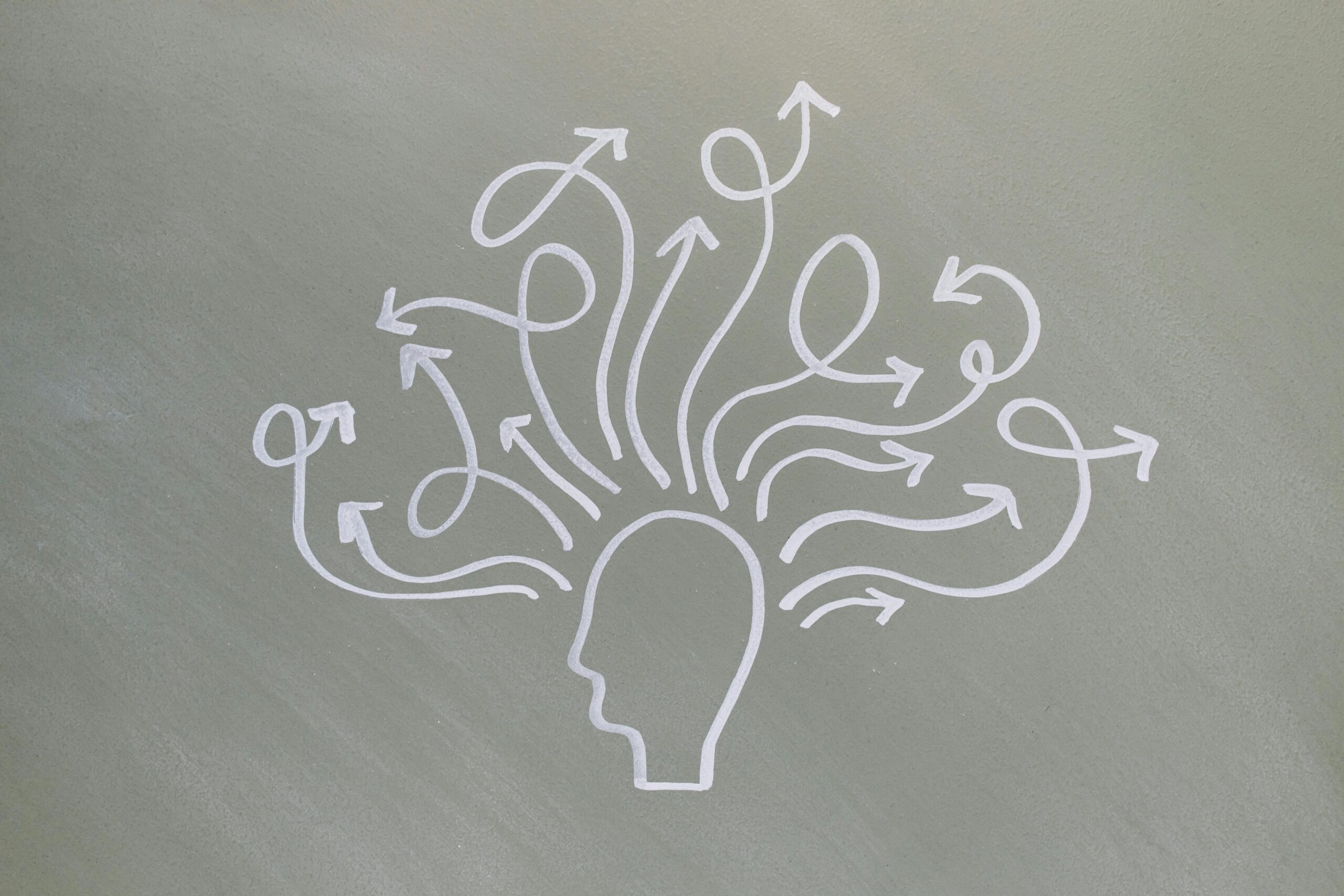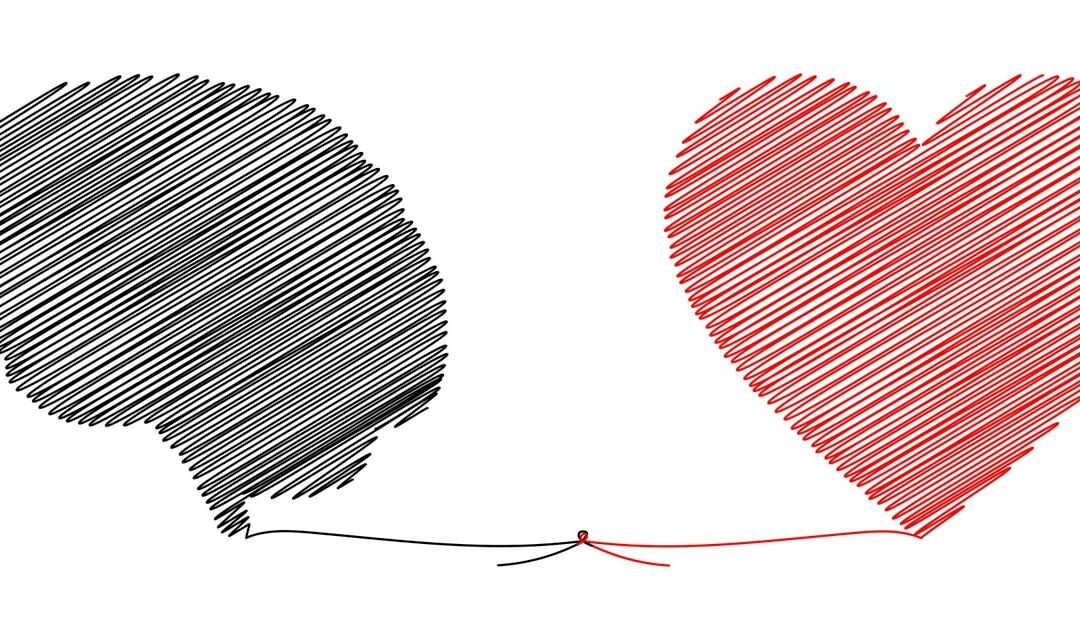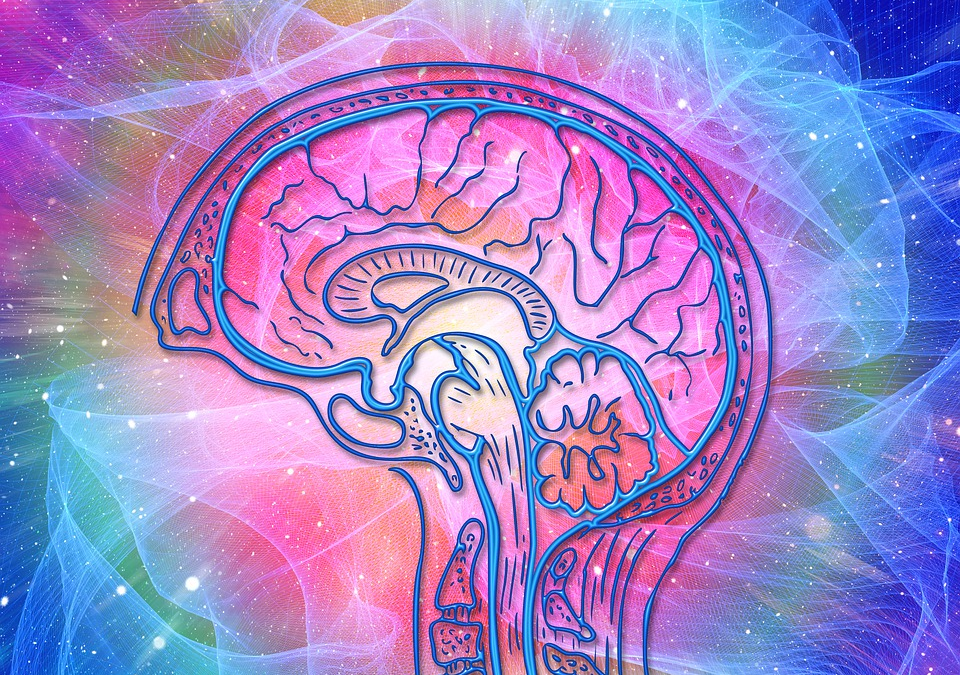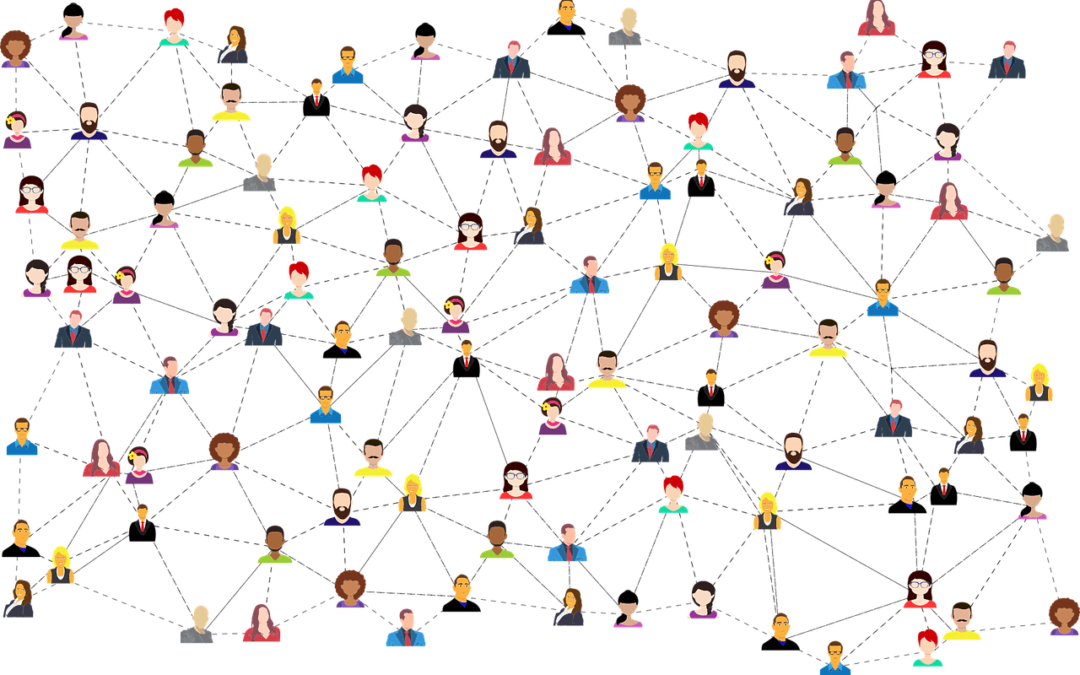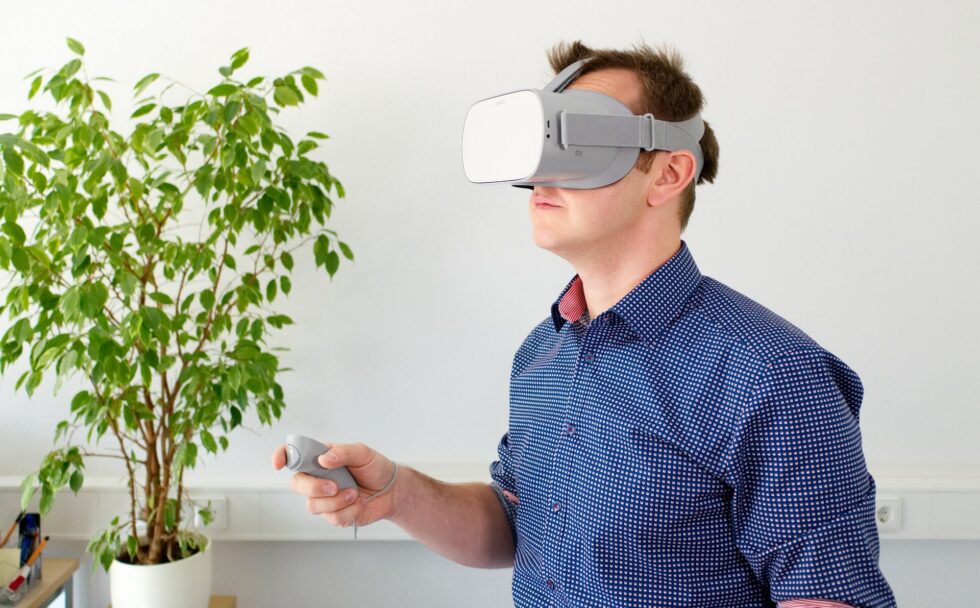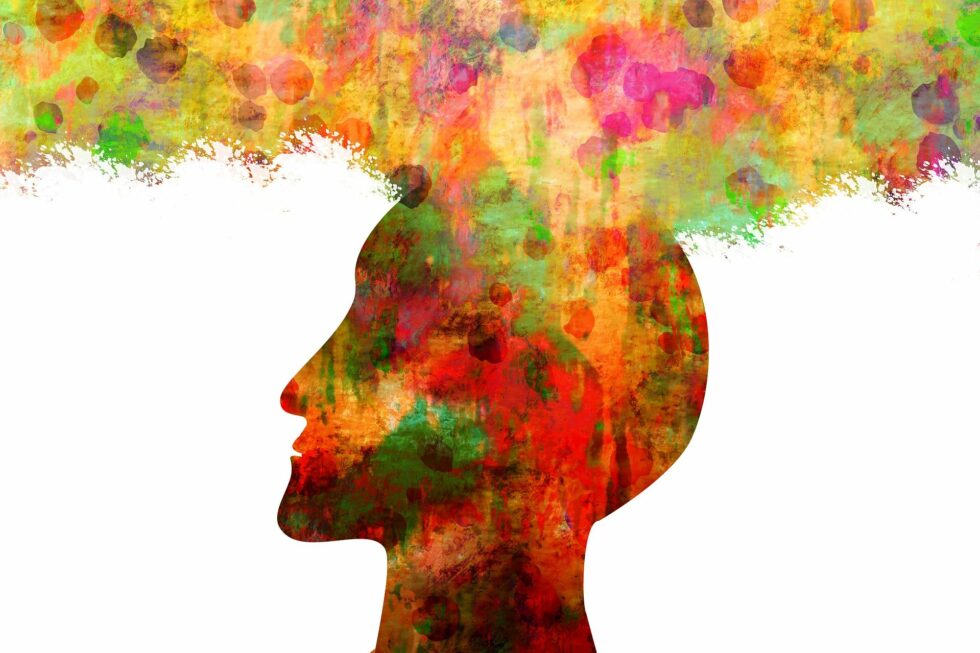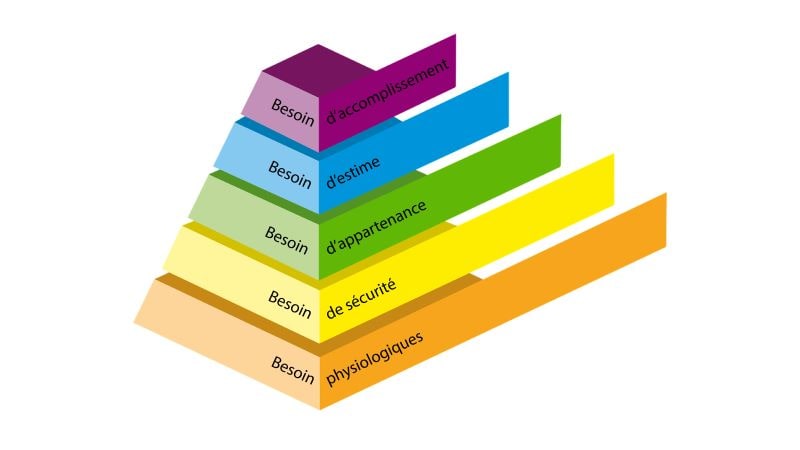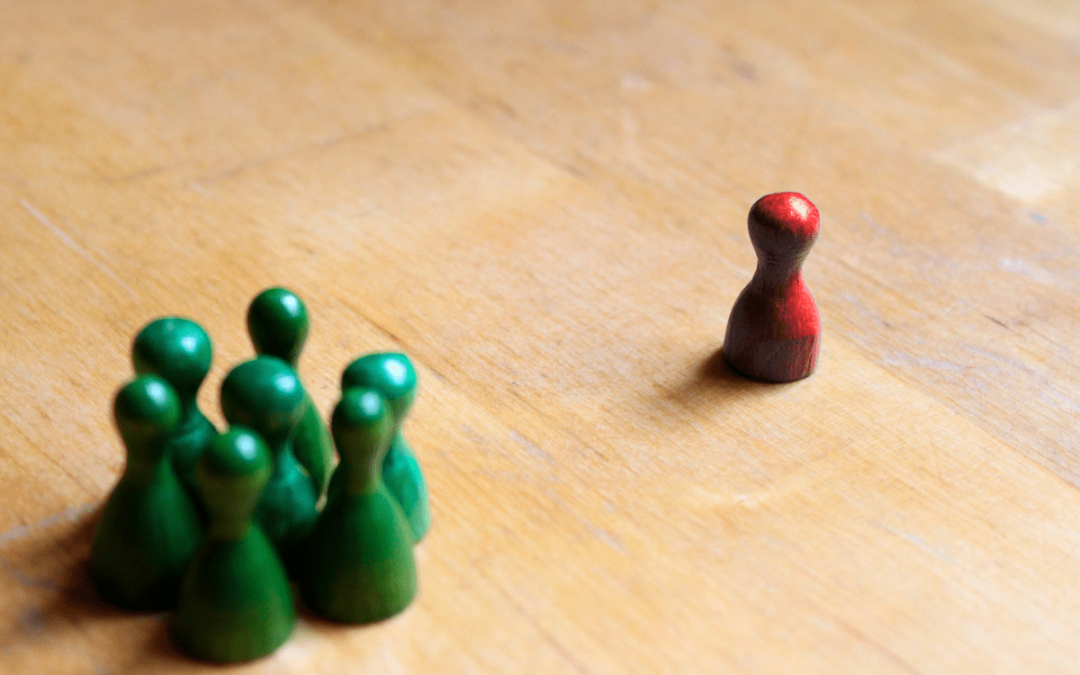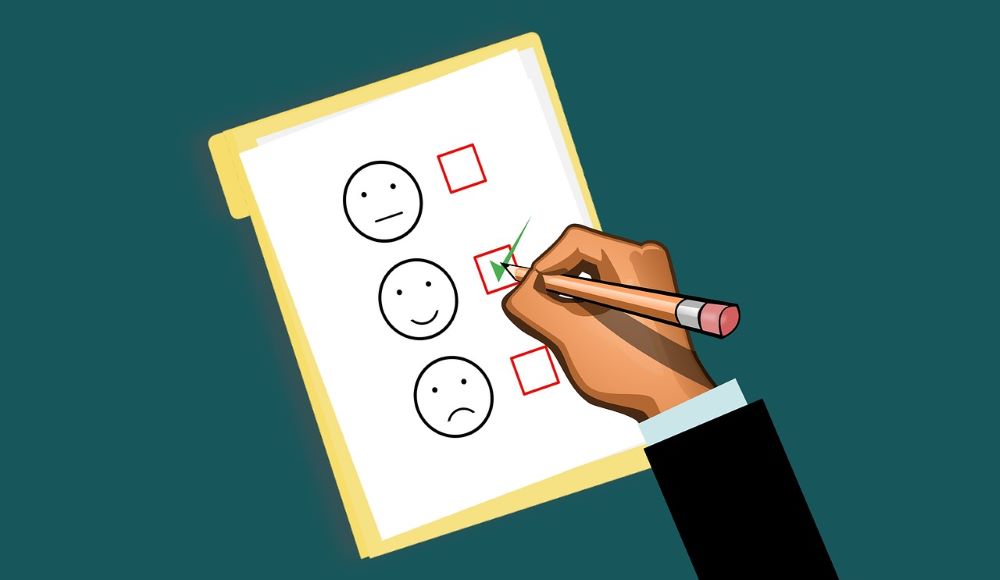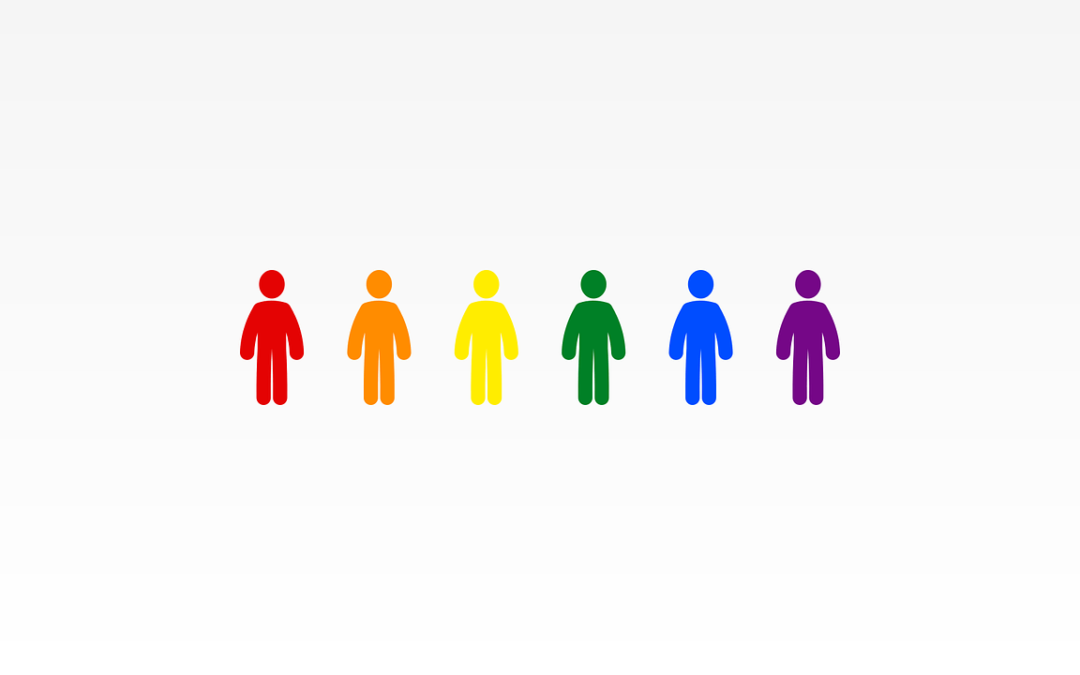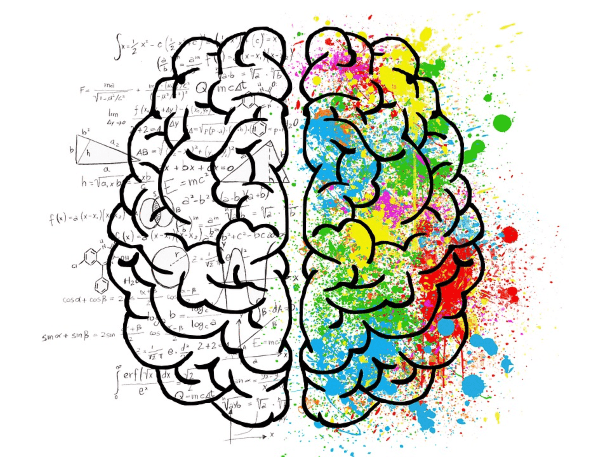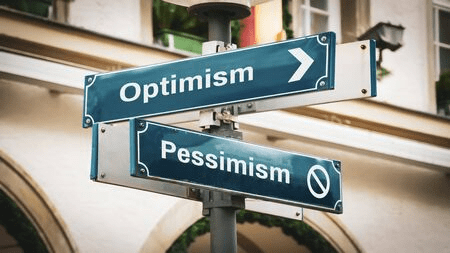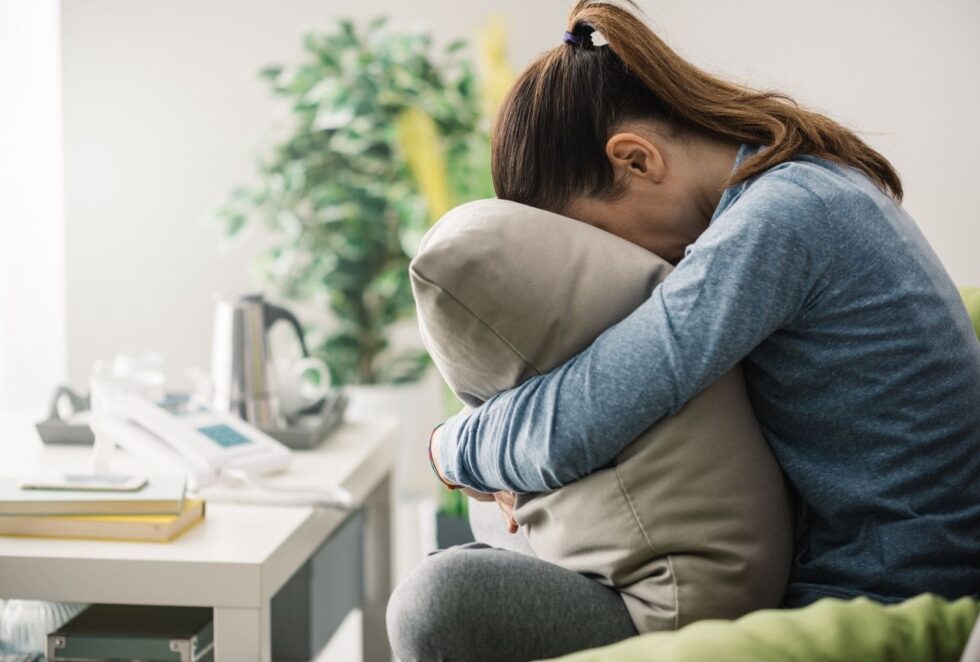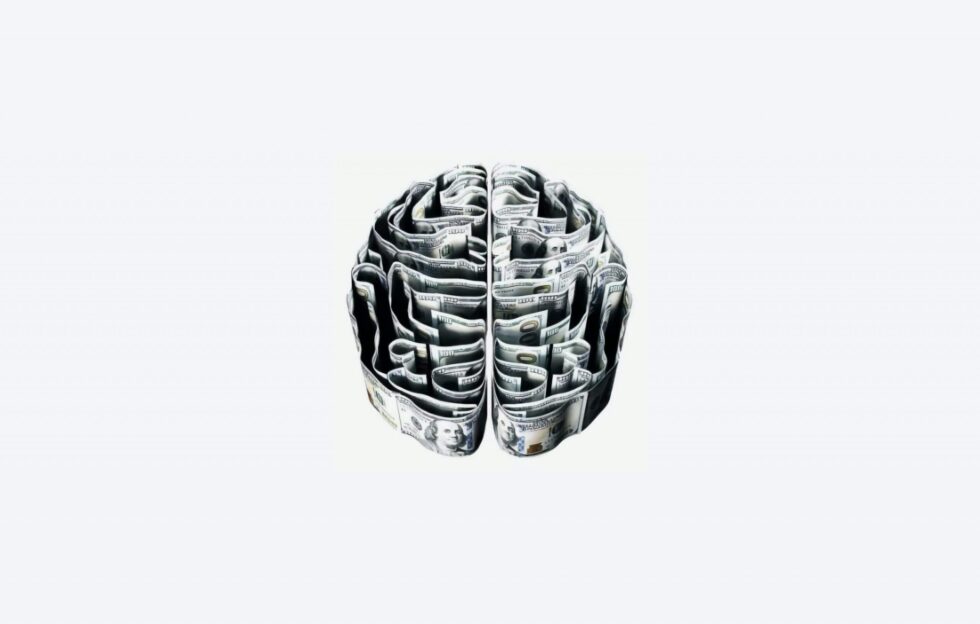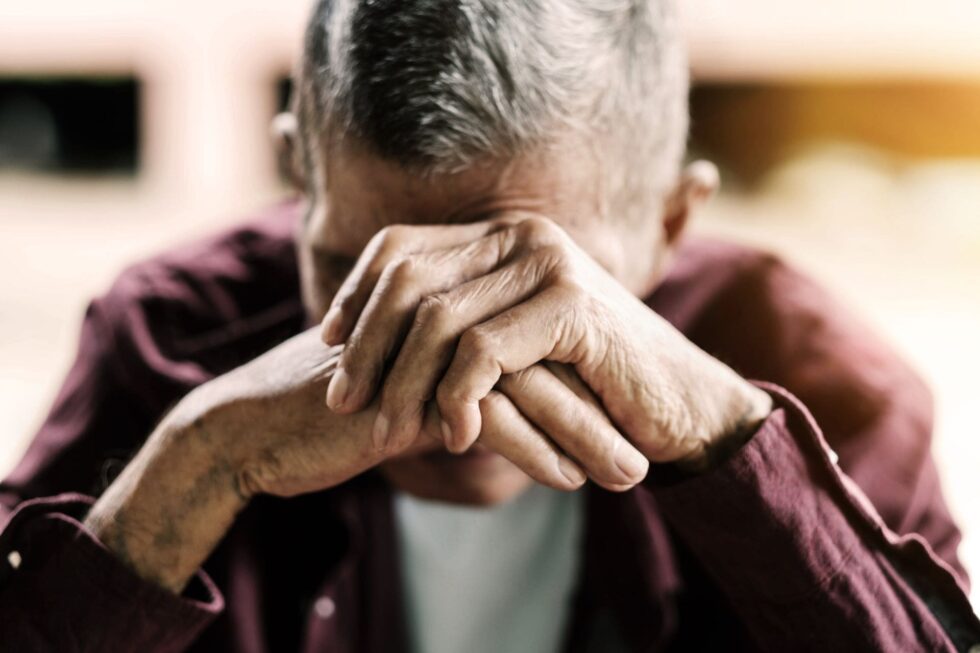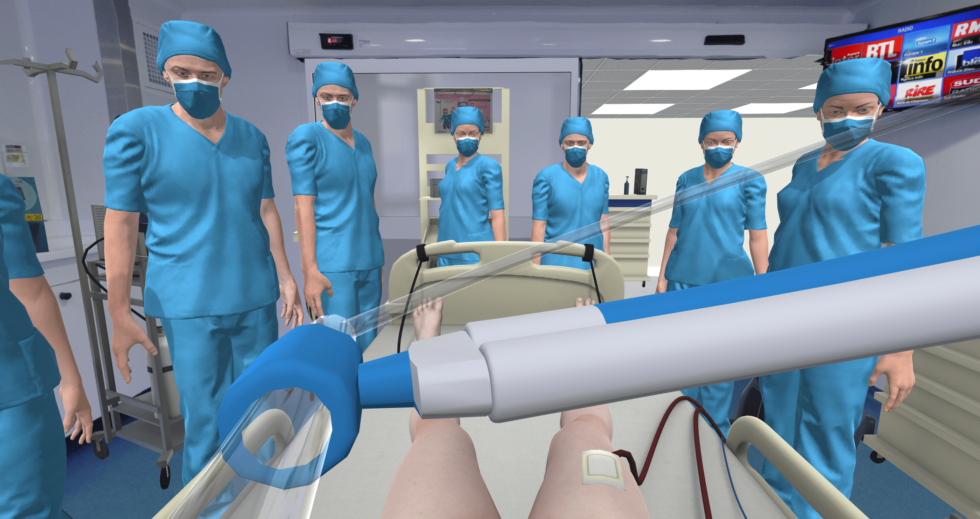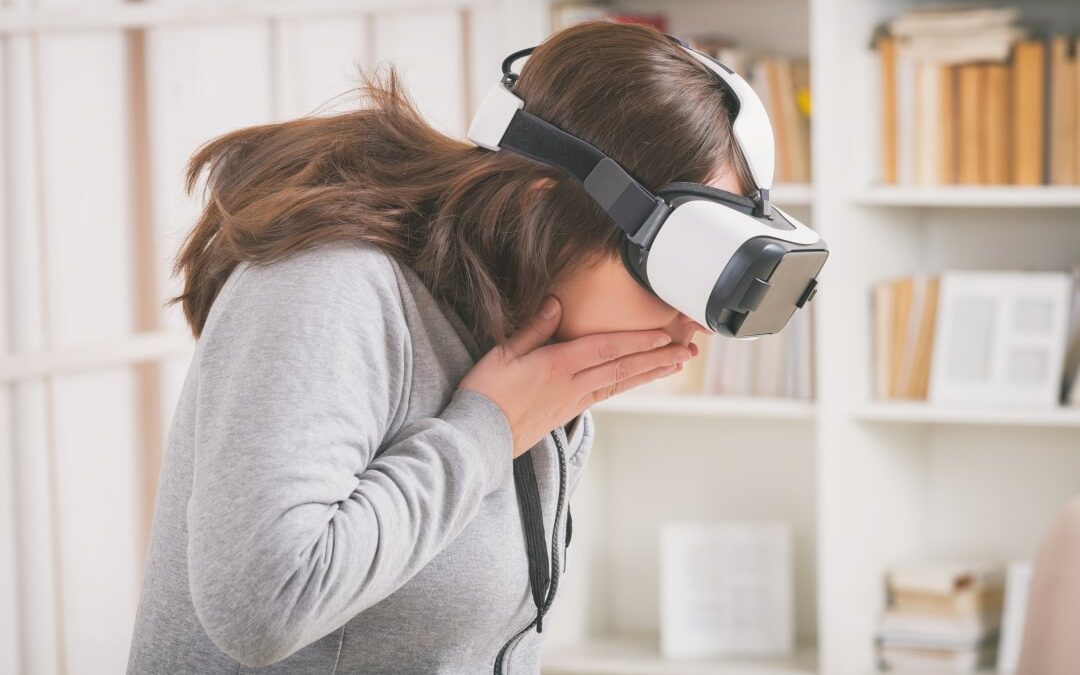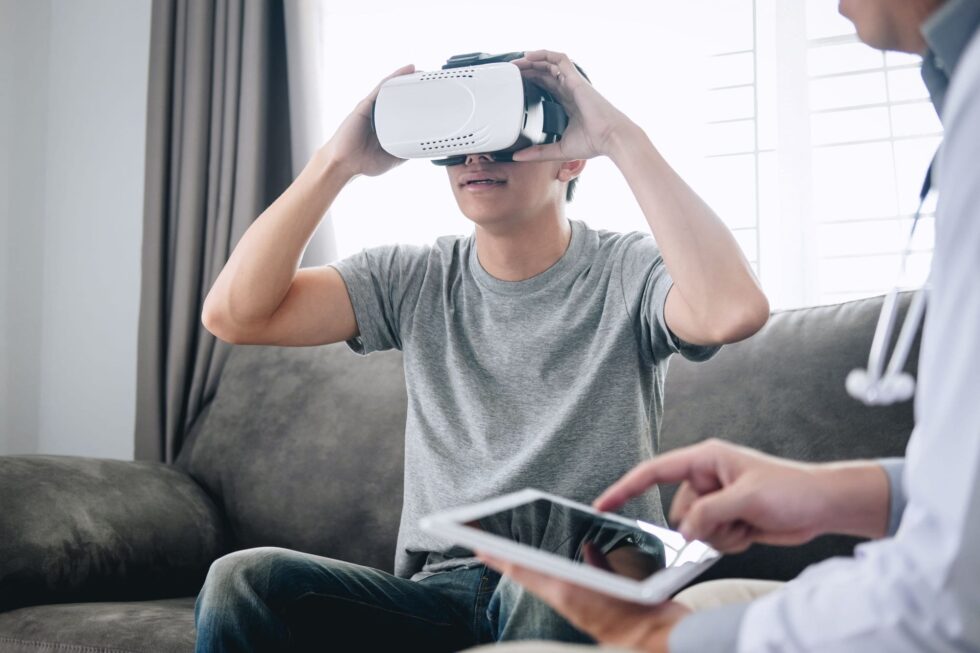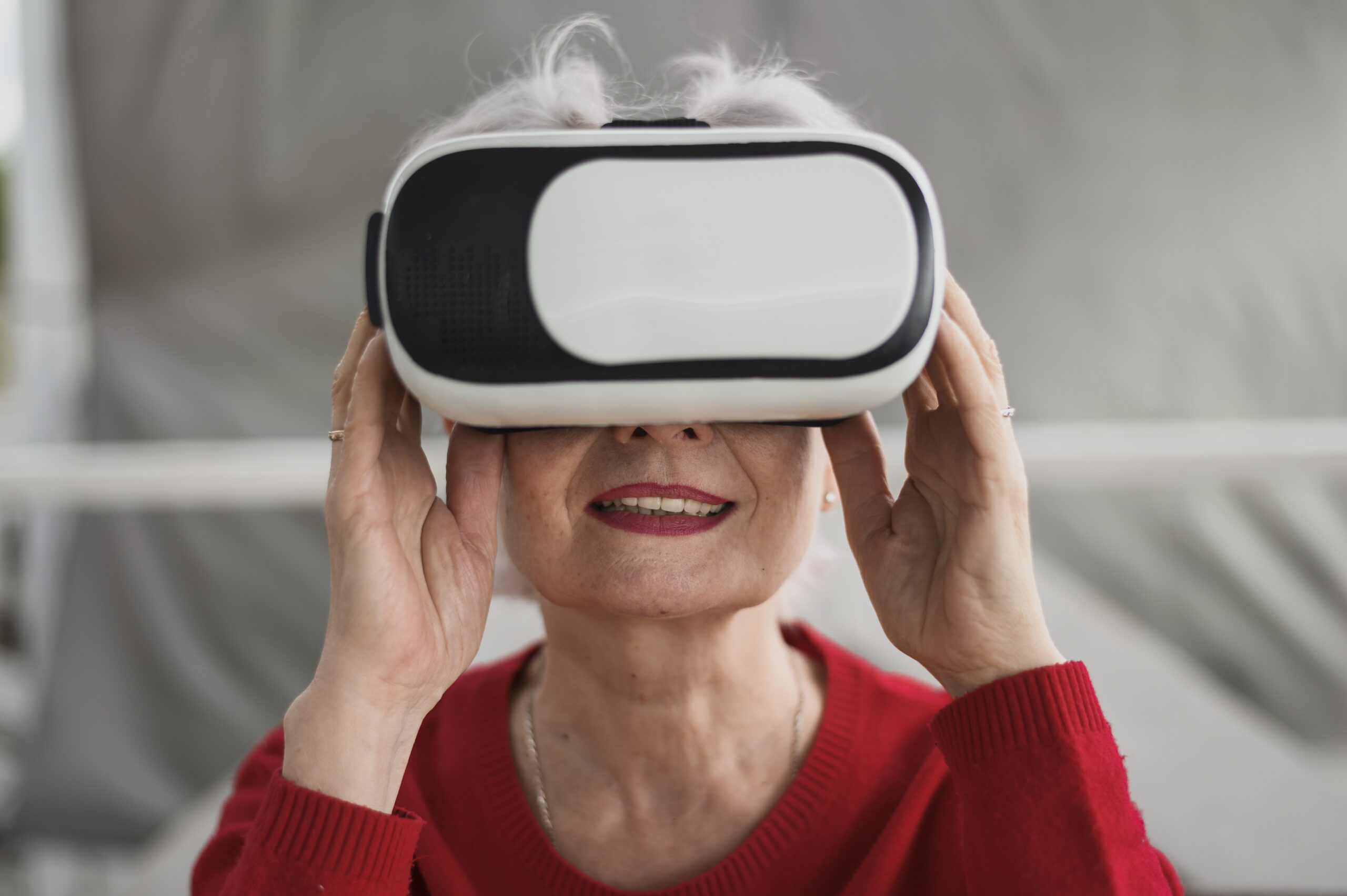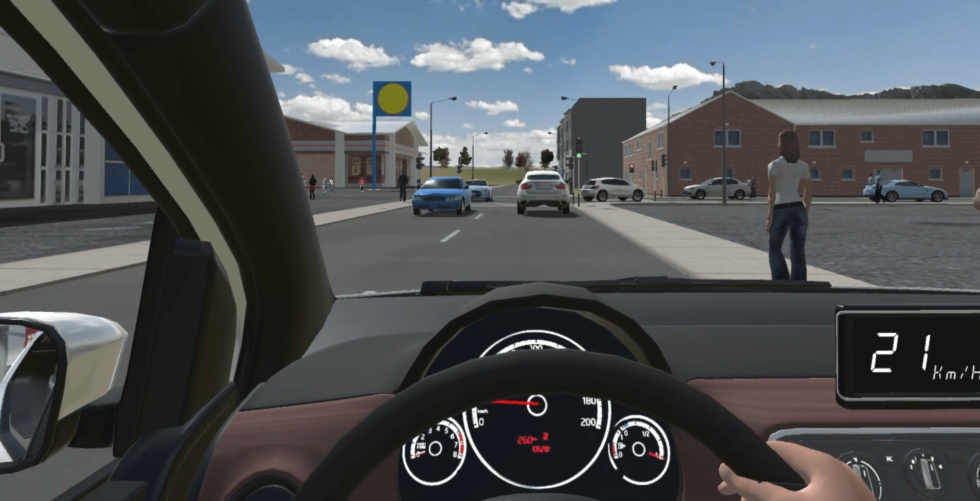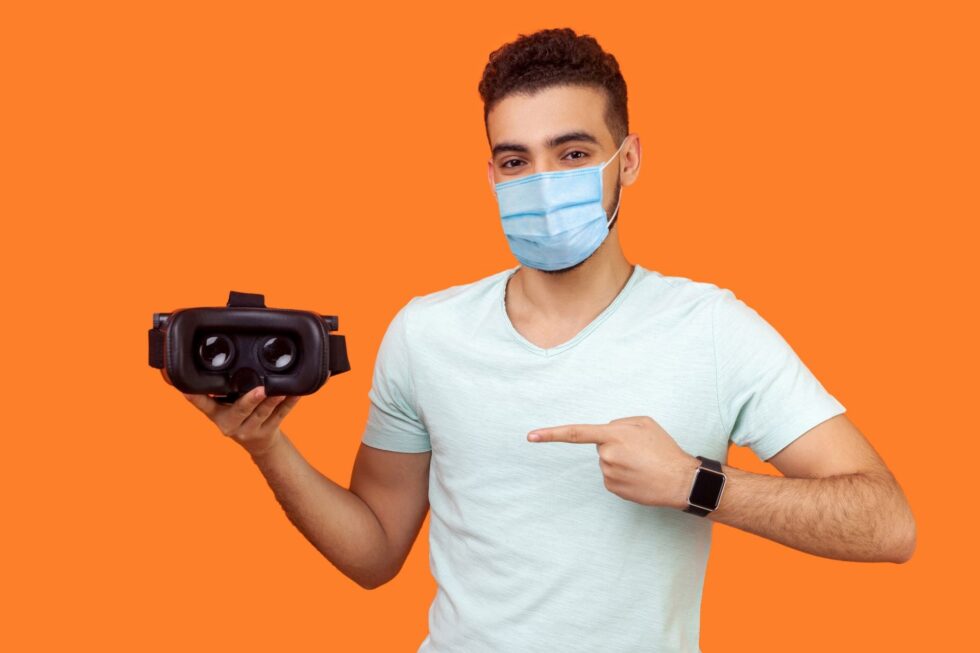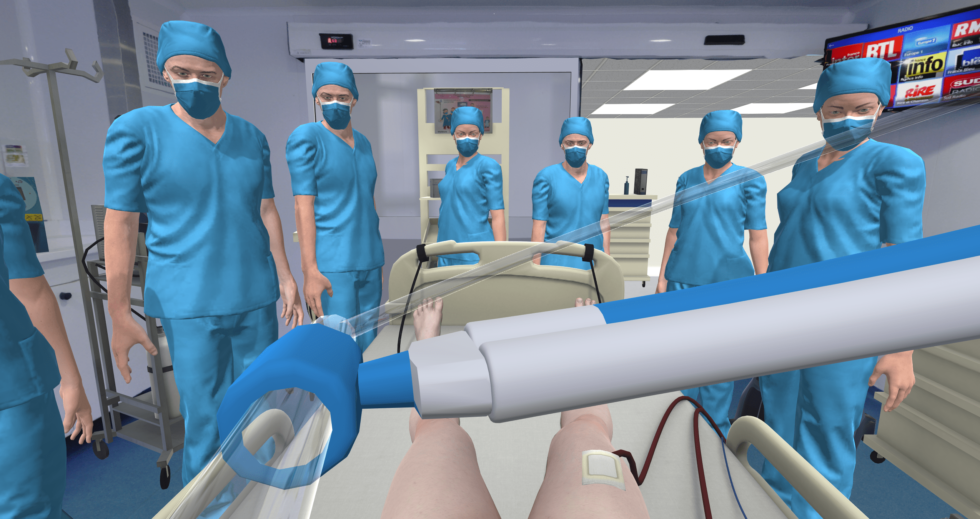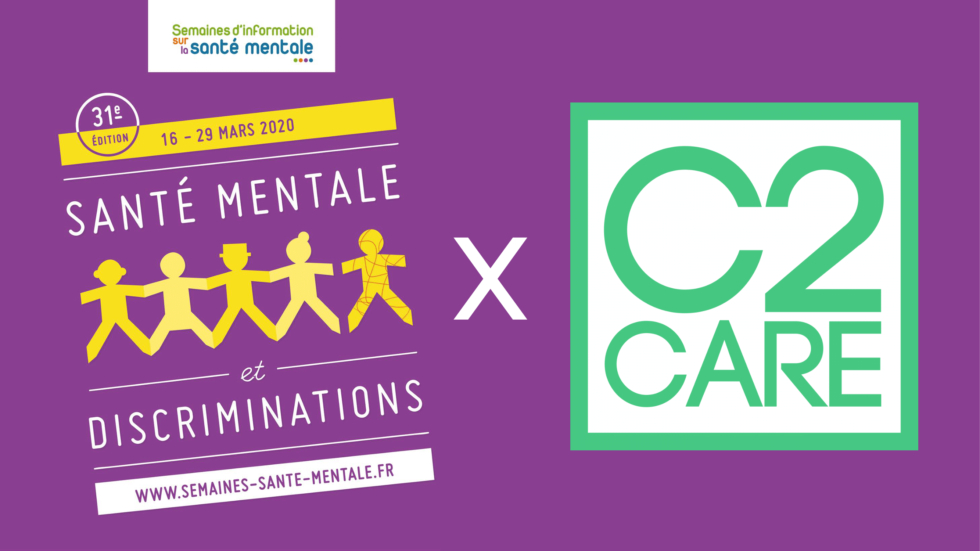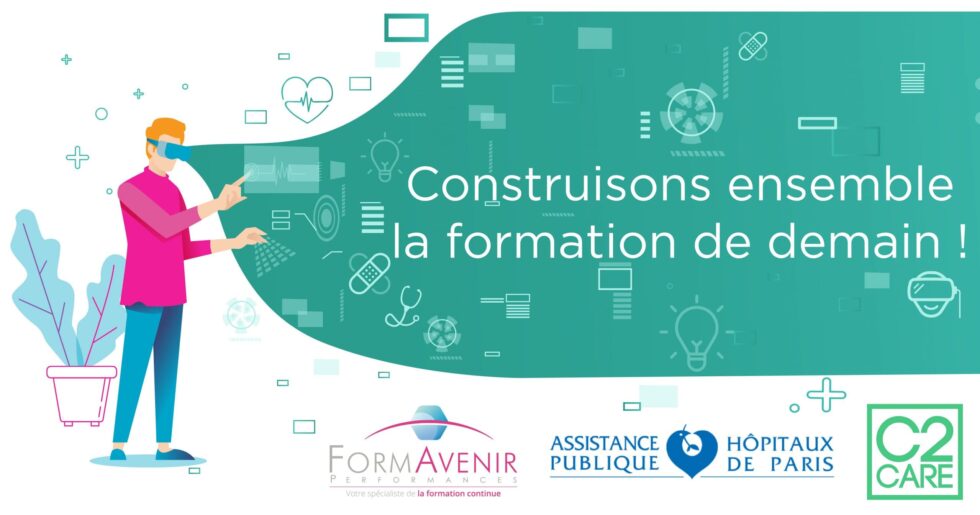News & Advice
Welcome to our well-being news space! Here, you will find enriching articles, well-being tips, and the latest scientific research to improve your daily life.

Receive the C2Care method for free, combining Artificial Intelligence and Virtual Reality !
Ready to go ?
FAQ
Why use virtual reality in the field of mental health?
- Gradual and Controlled Exposure: VR allows patients to confront anxiety-inducing situations in a secure environment, gradually adjusting the intensity of stimuli to promote habituation and emotional regulation.
- Realistic and Reproducible Environments: Unlike traditional techniques, VR provides immersive scenarios that can be consistently reproduced, ensuring a coherent and effective approach.
- Increased Patient Engagement: The interactive and immersive nature of VR enhances treatment adherence and motivates patients to continue their therapy.
- Personalized Treatment: Virtual environments can be adapted to meet the specific needs of each patient.
- Versatile Applications: VR is used to treat anxiety disorders (phobias, post-traumatic stress disorder, obsessive-compulsive disorders), addictions, mood disorders, and even cognitive remediation.
How long has this existed?
How does virtual reality work?
What is a virtual environment?
What Equipment Is Needed to Use a Virtual Reality Headset?
Can virtual reality be dangerous?
What pathologies can be treated in virtual reality?
Who can use virtual reality for treatment?
What Are the Benefits for Therapists Using VR ?
- Professional Differentiation: Integrating VR into practice allows therapists to stand out from traditional treatment options.
- Scientific Validation: VRET is backed by extensive research, reinforcing its credibility as an effective treatment method.
- Improved Patient Engagement: The interactive nature of VR fosters greater patient involvement in therapy.
- Time-Saving: VR provides direct access to various exposure environments without needing external logistics.
Which patients can benefit from TERV?
One of the considerable advantages of virtual reality is that it is effective on a wide spectrum of populations. Existing data from the literature on the subject shows us that it is entirely possible to expose a wide age group to virtual reality, with real therapeutic benefits.
The studies attest, in fact, to excellent feasibility and significant results; particularly in adults, in the treatment of anxiety disorders (including school phobia), autism, addictions, eating disorders, neuropsychological disorders, psychotic disorders and mood disorders.
The results are identical for adolescents with a significant added value concerning therapeutic engagement where virtual reality promotes adolescents' interest in their therapy.
Among elderly subjects, study results encourage the use of virtual reality with the aim of working on cognitive stimulation, on behavioral disorders but also on anxiety.

